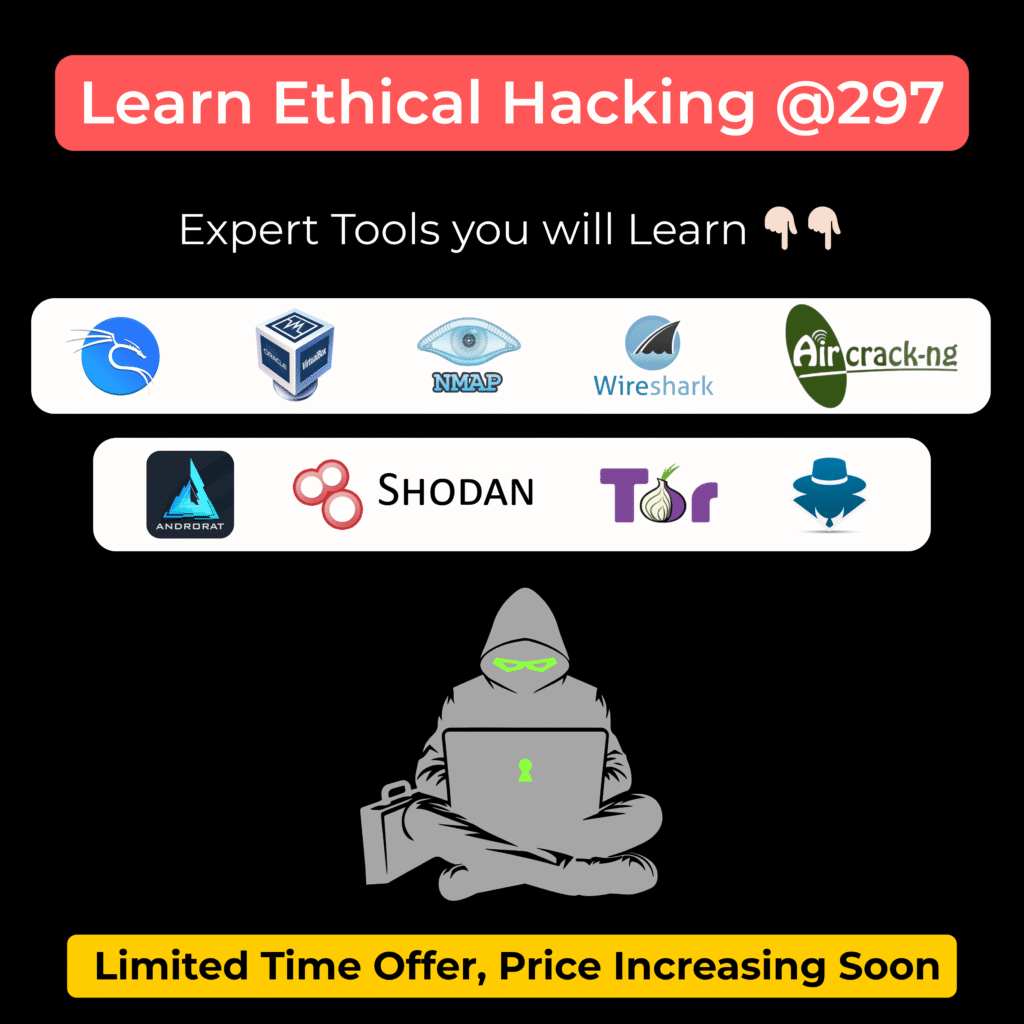Artificial Intelligence (AI) is revolutionizing workplaces, driving efficiency, and reshaping the global job market. While AI is expected to automate millions of jobs, it will also create new opportunities, making adaptability and upskilling essential for career growth.
According to the World Economic Forum, AI and automation could replace 85 million jobs by 2025, but they will also generate 97 million new roles, primarily in technology, data science, and human-AI collaboration. This shift presents both challenges and opportunities, requiring workers to embrace change and upgrade their skills to remain relevant.
In this article, we’ll examine which industries are most affected, how AI is creating new jobs, and what steps professionals can take to prepare for the AI-driven future.
(Sources: World Economic Forum, McKinsey & Company, MIT Technology Review)
Industries Most Affected by AI: Job Loss vs. Job Creation
AI-driven automation is transforming various industries by handling repetitive, rule-based tasks, allowing companies to reduce costs and increase efficiency. However, this shift also puts millions of jobs at risk, particularly those that rely on manual labor or routine tasks.
Industries Facing High AI Disruption
- Manufacturing – AI-powered robotics are taking over assembly lines, reducing human labor. By 2030, up to 20 million manufacturing jobs could be lost due to automation.
- Retail & Customer Service – AI chatbots and self-checkout systems are replacing customer service representatives. Studies estimate that up to 85% of customer interactions will be handled without human involvement.
- Transportation & Logistics – Self-driving technology from Tesla, Waymo, and Uber could replace 1.7 million truck-driving jobs in the U.S. alone.
- Finance & Accounting – AI algorithms are automating tasks like fraud detection and financial reporting. By 2027, nearly 50% of accounting jobs may be affected by AI advancements.
- Healthcare – AI-assisted diagnostics and robotic surgeries are reducing workloads for doctors and nurses, though human expertise remains essential.
Industries with AI-Driven Job Growth
While AI disrupts some industries, it also creates demand for specialized roles, particularly in technology, cybersecurity, and AI management.
- AI & Machine Learning Engineers – Job postings for AI specialists have increased by over 40% in the past five years as companies race to integrate AI into their operations.
- Cybersecurity Analysts – With AI-driven cyber threats rising, the demand for cybersecurity professionals is expected to grow by 31% by 2030.
- AI Ethics & Compliance Officers – Companies are hiring specialists to ensure AI is used ethically and responsibly, preventing issues like algorithmic bias.
- Human-AI Collaboration Managers – These professionals help businesses integrate AI while ensuring human workers adapt to automation.
(Sources: McKinsey Global Survey, World Economic Forum, LinkedIn Jobs Report)
AI and Workforce Inequality: Who is Most at Risk?
While AI creates new opportunities, it doesn’t benefit everyone equally. Workers in low-skilled, repetitive jobs face the highest risk of displacement, while professionals with AI-related skills are in high demand.
Key Workforce Challenges Due to AI:
🔴 Job Polarization – Mid-level jobs are disappearing, widening the gap between high-paying AI-related roles and low-wage manual labor.
🔴 Income Inequality – The rise of AI could increase wage disparity by up to 25%, favoring tech-savvy professionals while leaving others struggling to compete.
🔴 Reskilling Needs – By 2025, 50% of all employees will need some form of reskilling due to automation, yet access to training remains uneven across different economic groups.
🔴 Lack of AI Education – Many workers lack access to AI training programs, making it harder for them to transition into new career paths.
(Sources: MIT Technology Review, World Economic Forum, McKinsey & Company)
Solutions to AI-Driven Job Displacement
Governments, businesses, and individuals must take proactive steps to manage AI’s impact on employment.
Potential Solutions to Workforce Challenges:
✔ Government-Led Reskilling Programs – Countries like Germany and Singapore are investing heavily in AI education and workforce training to help workers transition into tech-driven careers.
✔ Universal Basic Income (UBI) – Some experts propose UBI as a solution to job loss caused by AI, with trials in Finland and Canada showing that it can help workers retrain for new roles.
✔ AI Taxation on Businesses – Some policymakers suggest that companies using AI to replace human workers should contribute to funding reskilling initiatives.
✔ Public-Private Partnerships – Companies like Google, Microsoft, and Amazon are investing in AI education programs, helping workers gain new skills and transition into AI-related jobs.
(Sources: McKinsey & Company, MIT AI Policy Report, World Economic Forum)
How to Future-Proof Your Career in an AI-Driven World
Instead of fearing AI, professionals should focus on upskilling and embracing AI as a tool for career advancement.
For Employees:
✔ Learn AI & Automation Skills – AI-related jobs pay significantly higher salaries than traditional roles. Taking online courses in AI, coding, and automation can boost job security.
✔ Develop Soft Skills – Creativity, critical thinking, and emotional intelligence are difficult for AI to replicate, making them valuable in any career.
✔ Be Adaptable & Stay Informed – The ability to transition into AI-enhanced roles will be key to long-term career success.
For Businesses & Governments:
✔ Invest in Workforce Reskilling – Companies should provide AI training to help employees transition into new roles.
✔ Encourage AI-Human Collaboration – The most successful businesses will integrate AI to enhance human work, rather than replace it entirely.
✔ Promote Ethical AI Use – AI should be implemented fairly to prevent job discrimination and bias.
(Sources: ResearchGate, World Economic Forum, Glassdoor AI Job Report)
Final Thoughts: Will AI Take Your Job?
The future of work isn’t about job loss—it’s about job transformation. AI will replace certain tasks but will also create new career paths, requiring workers to learn, adapt, and innovate.
Key Takeaway:
AI won’t replace human creativity, emotional intelligence, and problem-solving—these skills will be more valuable than ever. Those who embrace change, upskill, and leverage AI as a tool will thrive in the future workforce.


